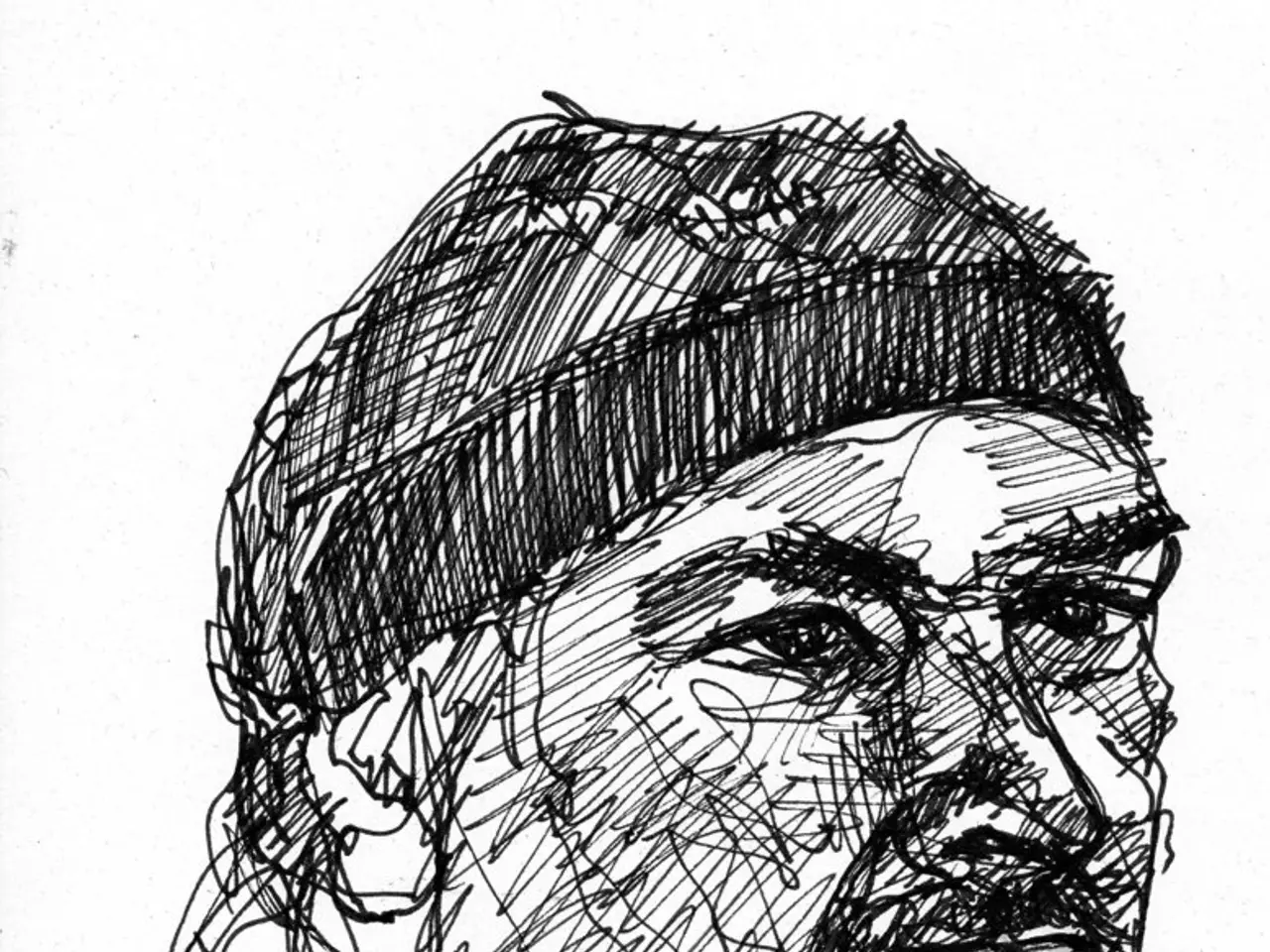"Flexibility triumphs over rigidity": Nick Cave's evolving perspective on artificial intelligence, influenced by an AI-powered Elvis
In a significant shift in perspective, renowned musician Nick Cave has softened his stance on the use of AI in music following his encounter with an AI-animated video for his iconic song "Tupelo." Originally critical of AI, Cave now acknowledges its potential as a valuable artistic tool.
Initially, Cave was highly critical of AI, describing it as a "grotesque mockery" of human creativity. He expressed concerns over AI tools like ChatGPT writing songs, fearing that they diminished the artistic process and emotional depth unique to humans. In early 2023, he even voiced frustration over AI-generated lyrics purportedly in his style, finding them embarrassing and inauthentic.
However, this perspective began to soften after viewing the AI-animated video of "Tupelo" by filmmaker Andrew Dominik. Though initially apprehensive, Cave was persuaded by Dominik to "suspend his prejudices" and reconsider AI as a creative tool. The video, which used AI to bring archival images of Elvis Presley to life, left a profound impact on Cave. He described it as "extraordinarily profound," "soulful," and "a touching tribute," highlighting the uncanny quality of the AI animation and its emotional impact.
While Cave maintains serious reservations about AI replacing genuine human creativity in songwriting, he now accepts that it can be a valuable artistic tool rather than just a threat. This shift reflects a move from outright rejection to a more flexible stance that embraces AI's creative potential when used thoughtfully.
Cave has used his Red Hand Files, a newsletter where he shares his thoughts and opinions, to express his changed or softened stance on AI. He has openly praised the "Tupelo" video, calling it "a soulful, moving, and entirely original retelling of 'Tupelo.'" The crucifixion-resurrection images at the end of the video were both shocking and deeply affecting to Cave, resembling a resurrection.
This evolution shows Cave's willingness to reassess his position based on direct experience, acknowledging AI's role as a potentially profound artistic medium despite his ongoing concerns about its misuse. Cave's approach to changing his mind mirrors that of the 20th-century economist John Maynard Keynes, who famously said, "When the facts change, I change my mind - what do you do, sir?"
In summary, Cave's stance on AI has shifted from strong skepticism to a more open, nuanced view, primarily influenced by his experience with the AI-generated "Tupelo" video. While he still harbours reservations, he now recognizes AI as a tool with creative potential.
References:
- The Guardian
- Rolling Stone
- NME
- Pitchfork
- Red Hand Files
- Variety
Nick Cave, once critical of AI, now views it as a potential artistic tool, particularly in the realm of visual storytelling following his encounter with the AI-animated video for his song "Tupelo." Inspired by the emotional impact of the video, Cave now recognizes the creative possibilities that AI holds for the entertainment industry, extending beyond music.




